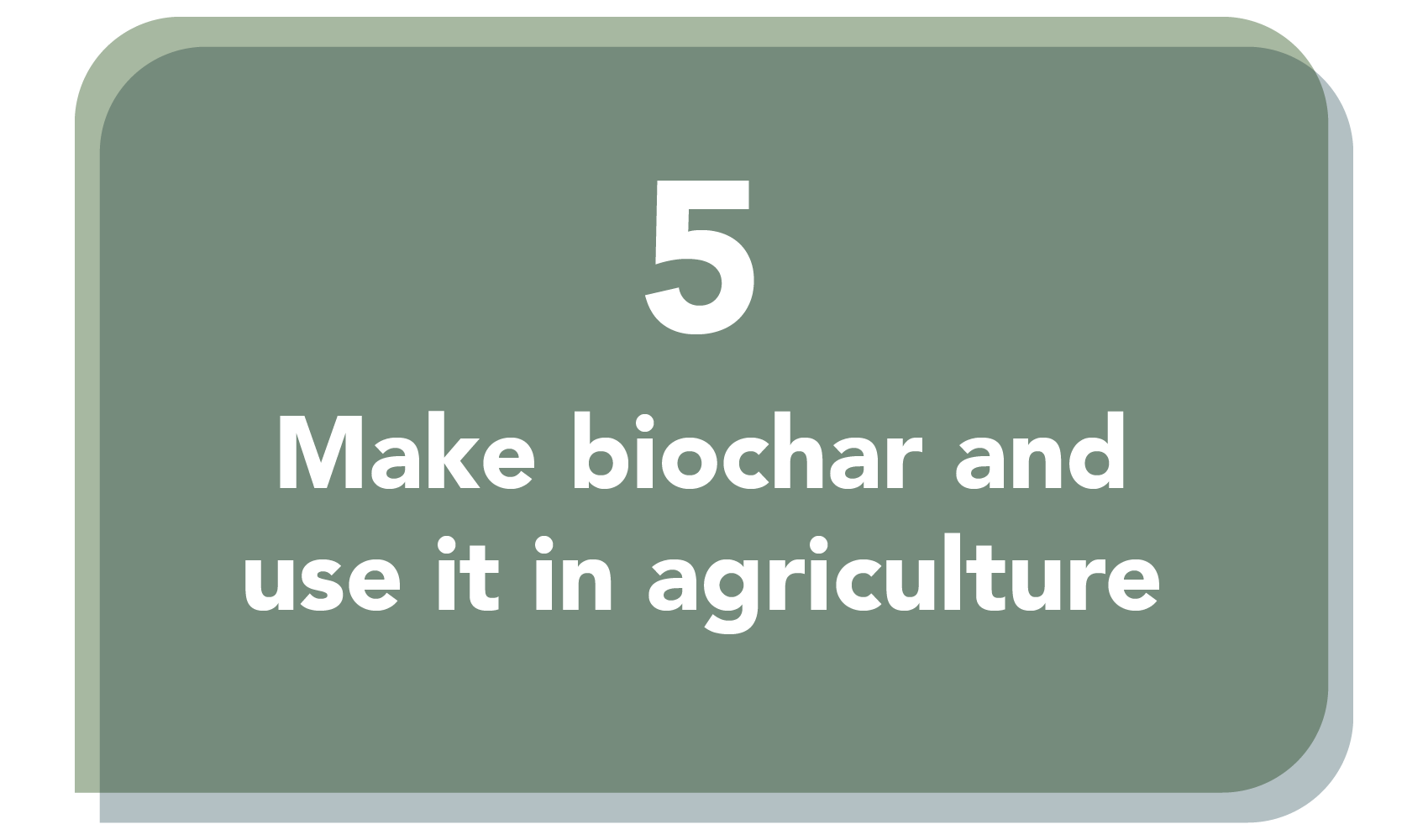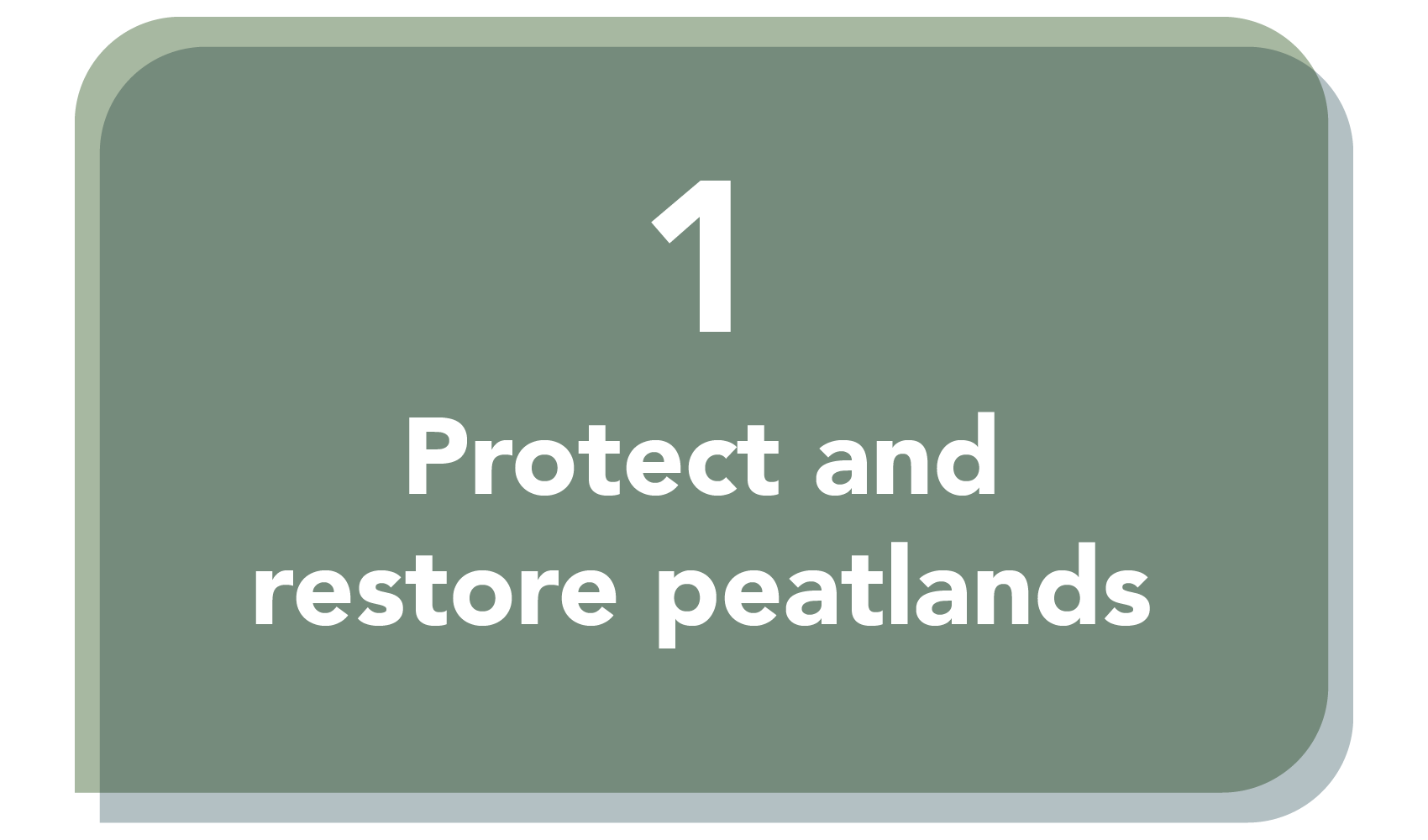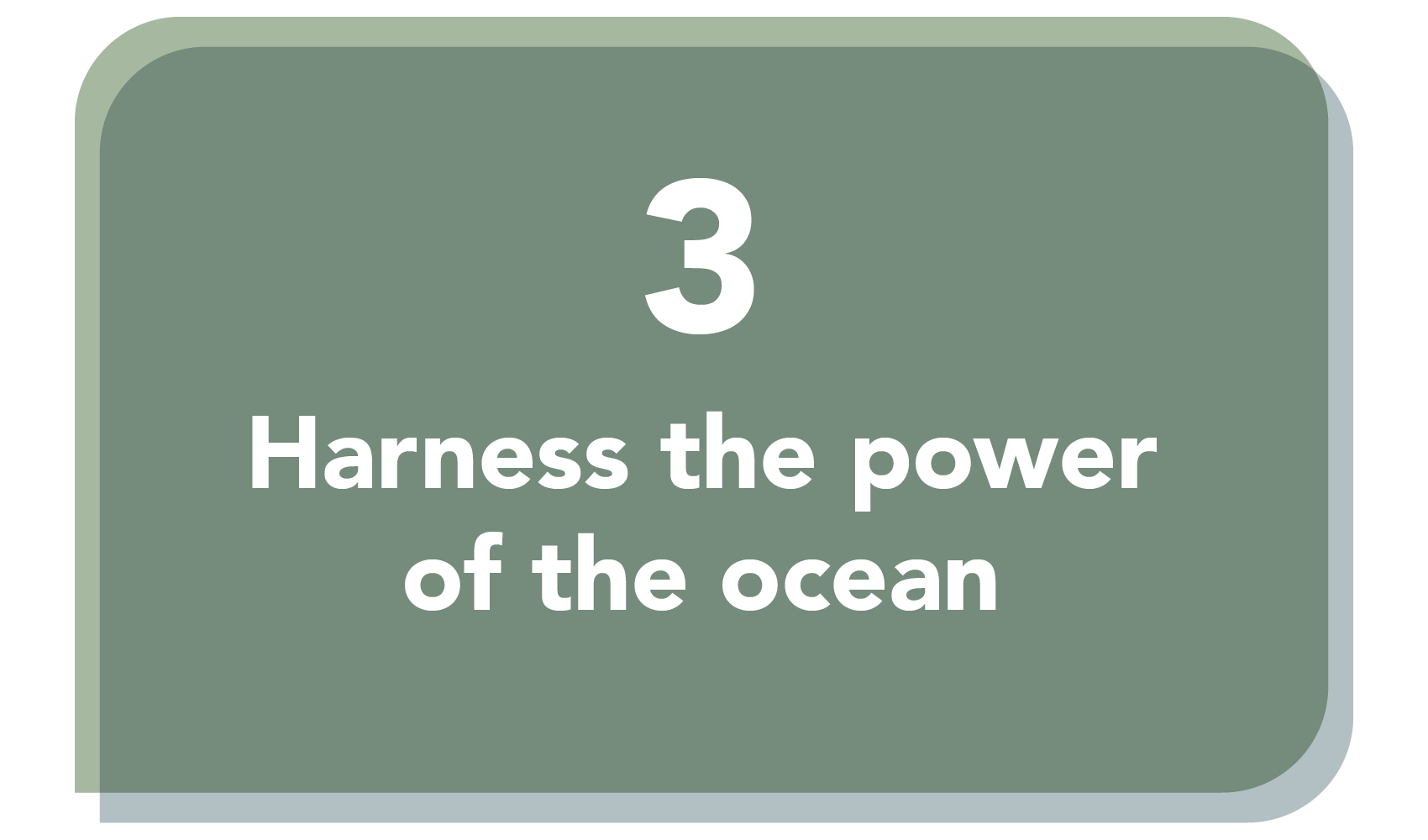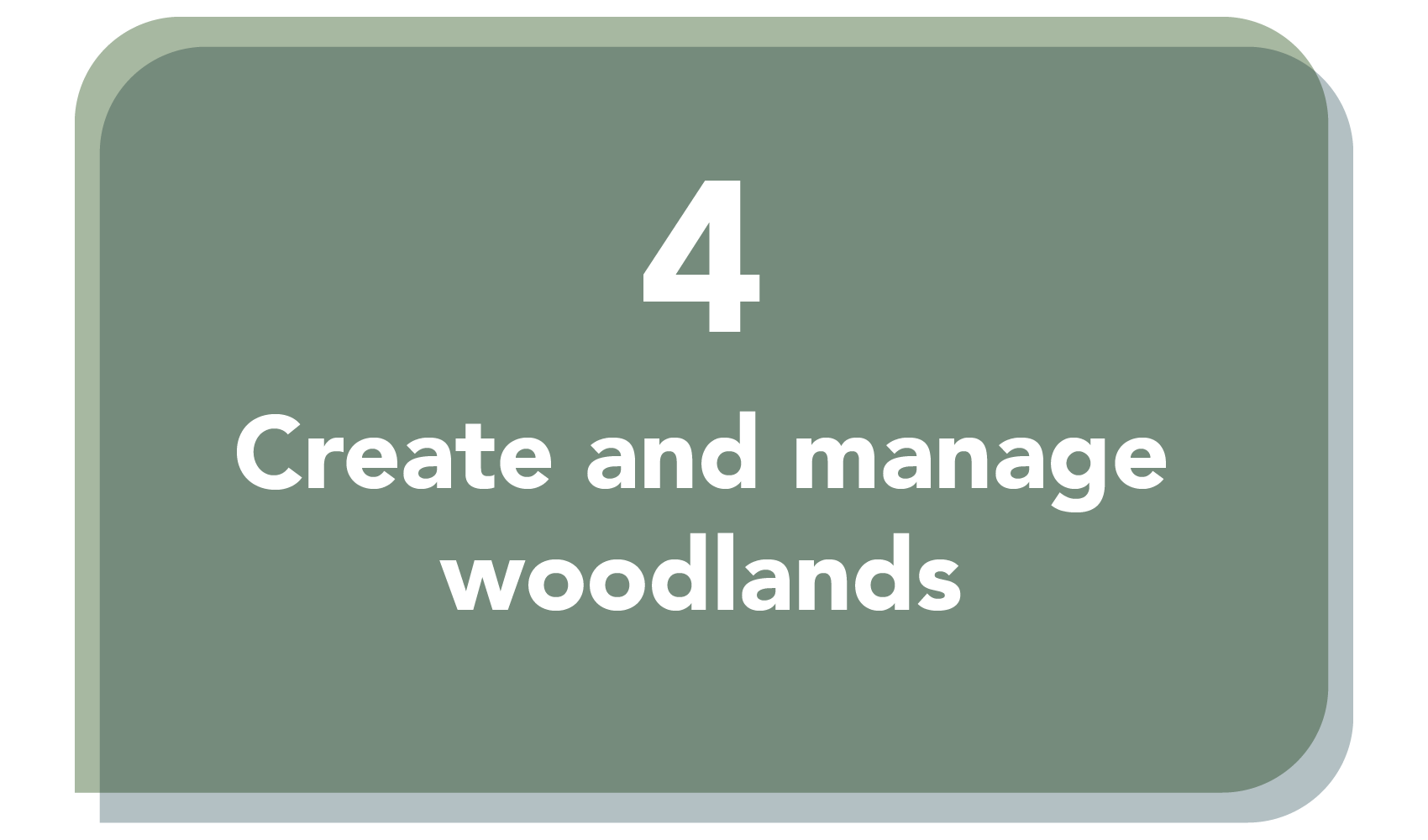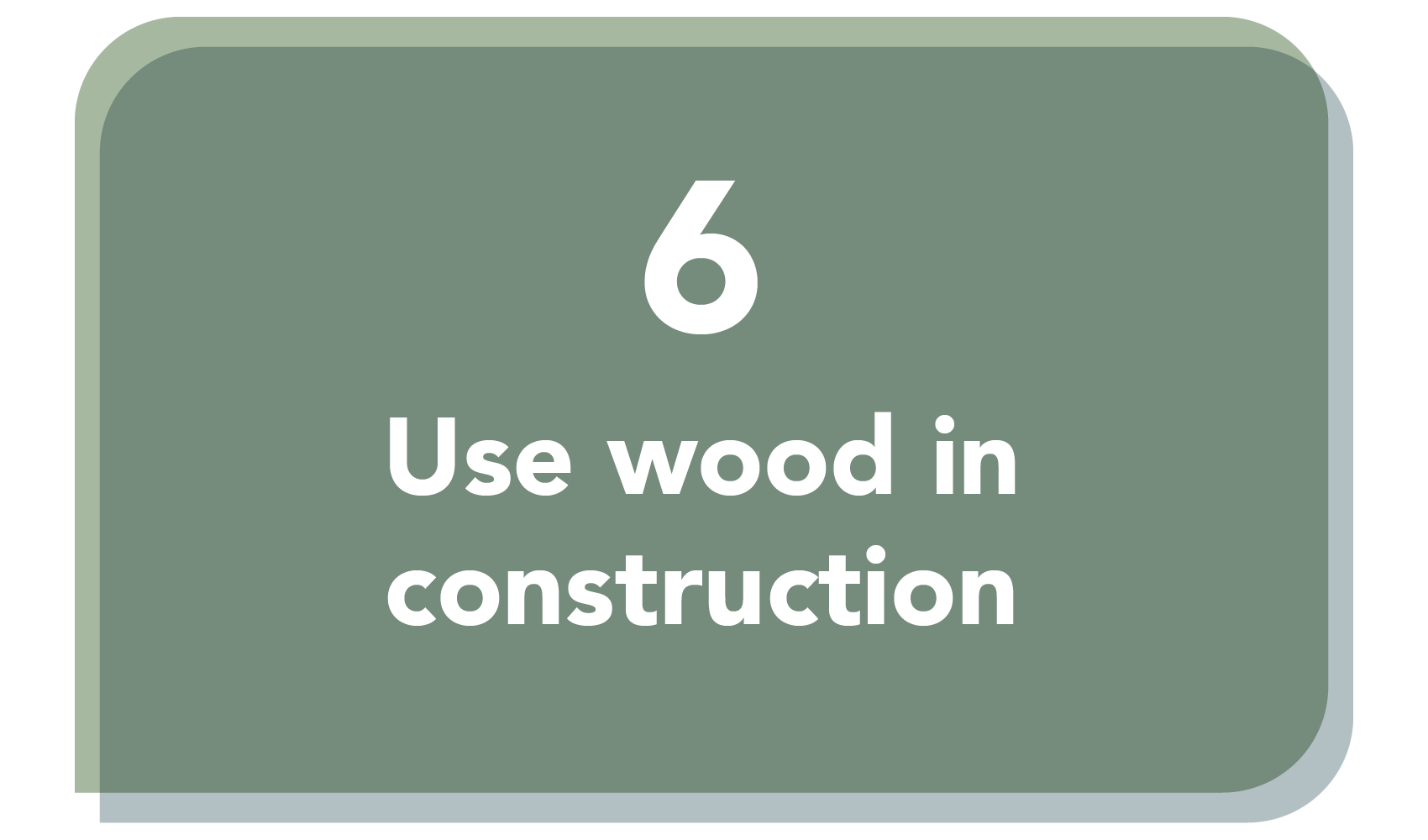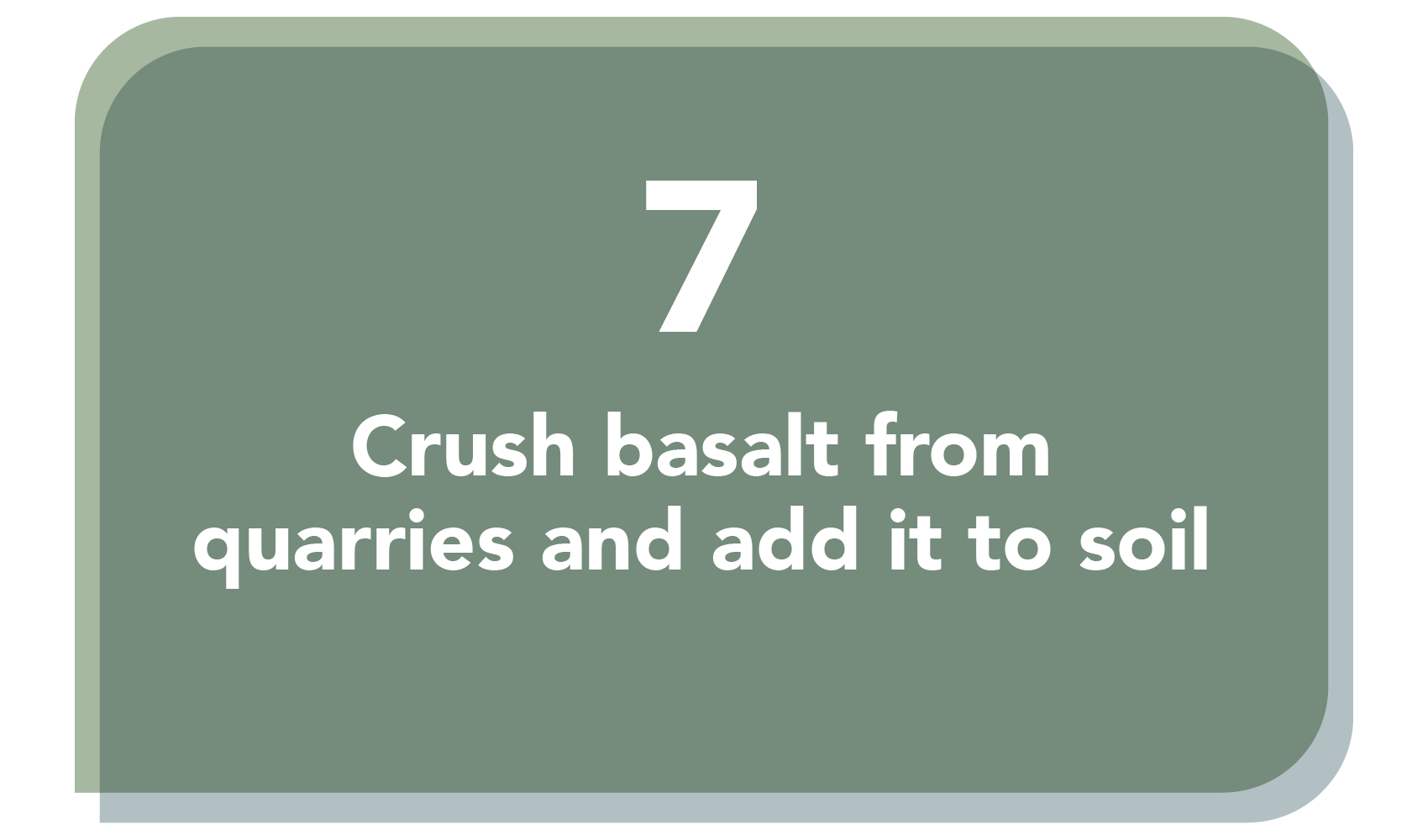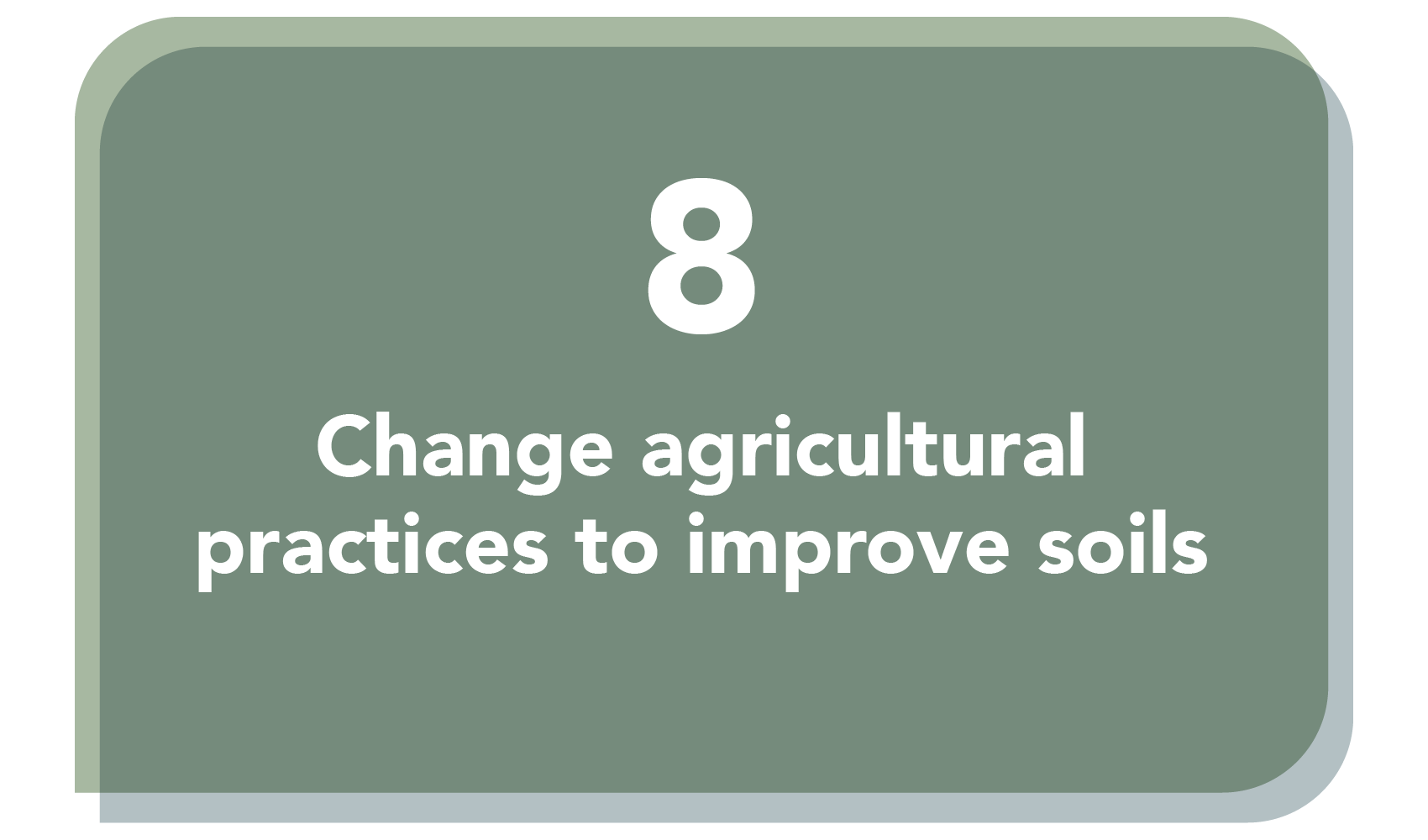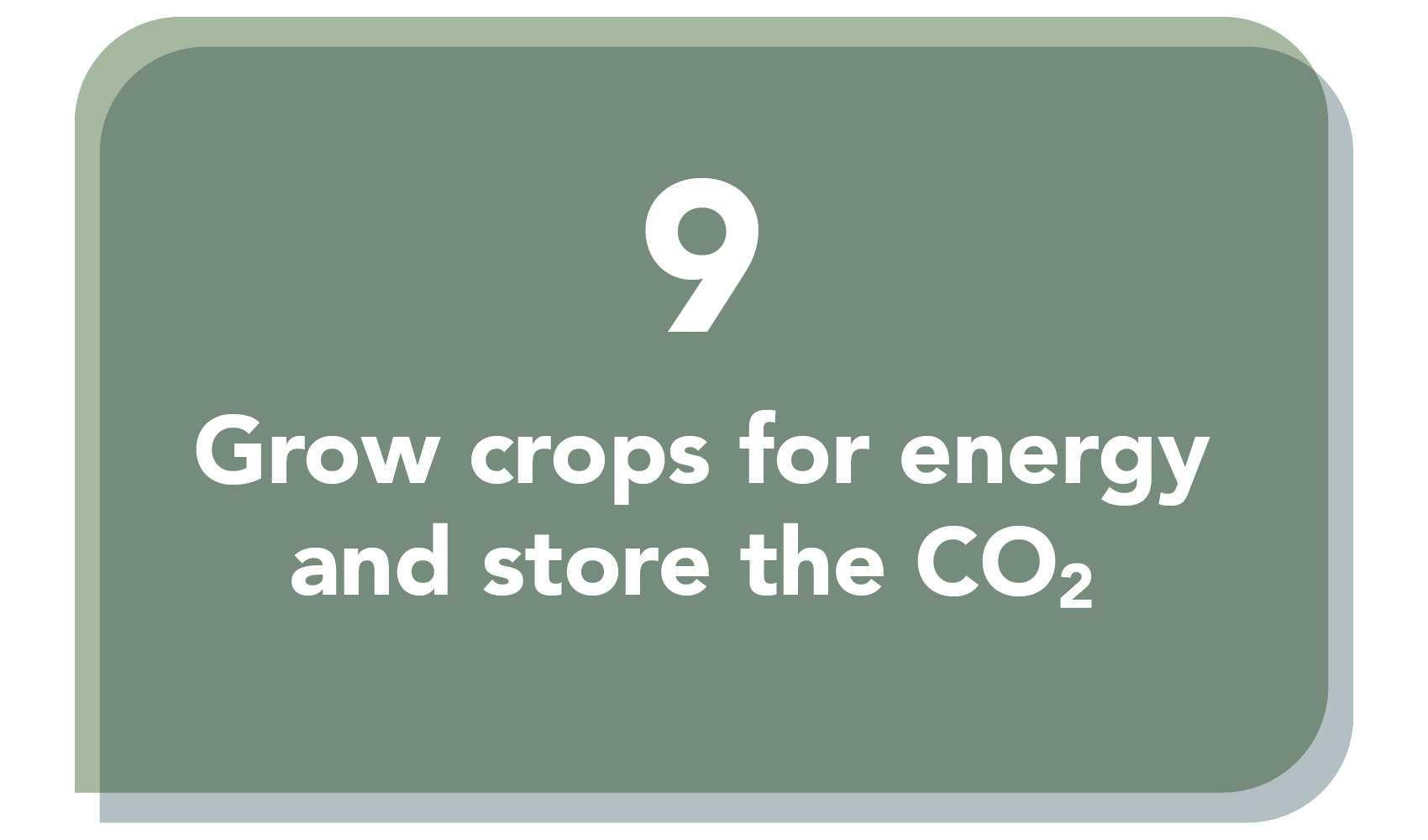
Biochar is a charcoal-like substance that is sometimes used by gardeners, who add it to their soil to increase water and nutrient retention, improve soil structure and enhance plant health.

It can similarly be spread on farmland, where it might improve crop yields and reduce the amount of fertiliser that is washed out of the soil.


